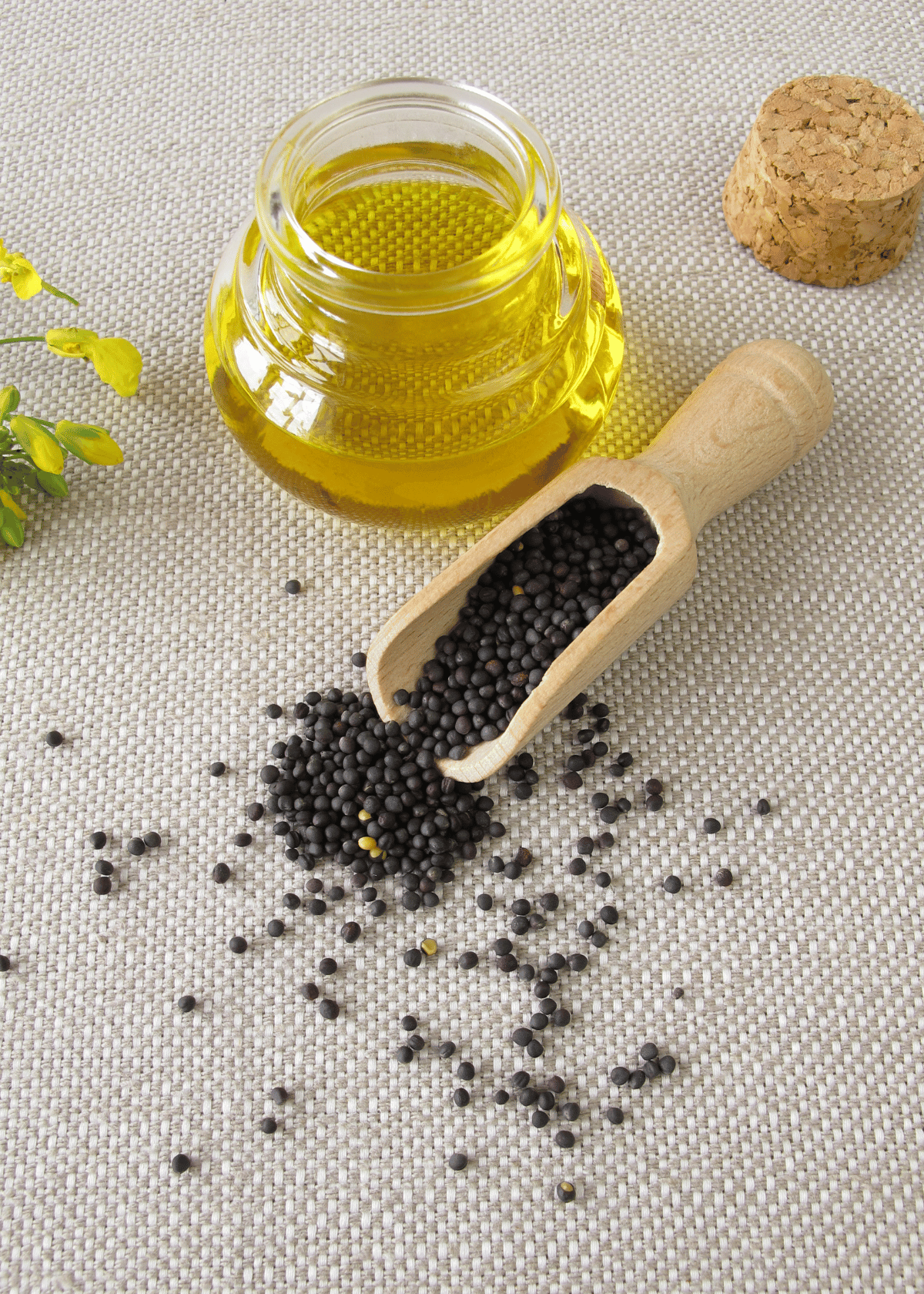Cooking with oil can be a tricky business. With so many different types of oils on the market, it can be difficult to decide which one is best for you and your family. Two of the most popular cooking oils are vegetable oil and canola oil, but deciding which one is healthier can be confusing. Let’s look at some of their differences and similarities when it comes to cooking with these two oils.
Smoke Point
The smoke point is an important factor to consider when choosing a cooking oil, as it determines how hot you can get the oil before it starts smoking and breaking down. The smoke point of vegetable oil is higher than that of canola oil—450 degrees Fahrenheit compared to 400 degrees Fahrenheit—which makes it a better choice for deep frying or stir-frying at high temperatures. If you’re looking for an even higher smoke point, corn oil, peanut oil, or soybean oil are all good options.
Saturated Fats
Canola oil has been touted as a healthier option because it contains less saturated fat than vegetable oils such as sunflower or safflower. While both vegetable and canola oils contain unsaturated fats (the “good” fats), too much saturated fat in our diets increases our risk for heart disease and stroke. Canola oil also contains omega-3 fatty acids, which are known to have anti-inflammatory properties that are beneficial for overall health.
Extra Virgin Olive Oil
Extra virgin olive oil has become increasingly popular in recent years due to its unique flavor and nutritional benefits. It has a low smoke point (around 320 degrees Fahrenheit) so it’s not suitable for deep frying or stir-frying, but its high polyphenol content makes it ideal for salad dressings, marinades, sauces, and other cold dishes where its flavor will shine through. Avoid heated preparations where possible if you want to take advantage of extra virgin olive oil’s full nutritional value!
Frequently Asked Questions:
What is the difference between vegetable and canola oil?
Canola oil comes from the Canola plant while vegetable oil is usually made from a blend of different oils like soybean, corn, sunflower, and safflower.
Which oil has a higher smoke point?
Canola and vegetable oils both have high smoke points that make them a suitable oil for deep frying but canola has an even higher smoke point than vegetable oil.
Is avocado oil a good choice for cooking?
Avocado oil has a moderately high smoke point making it ideal for baking as well as light-medium frying or stir-frying in recipes that require medium heat.
What are the health benefits of coconut oil?
Coconut oil is packed with healthy fats, vitamins and minerals that may help to boost immunity and reduce inflammation. It also helps to improve digestion and heart health.
What type of oil can I use for low-heat cooking?
Sunflower oil is the best choice for low-heat cooking such as sautéing and sauces since it won’t burn easily or add too much flavor to your food.
Does canola oil contain saturated fat?
No - canola oil has very low levels of saturated fat compared to other types of vegetable oils like palm or coconut oils which have higher levels of saturated fat.
What does 'cold pressed' mean when referring to Canola Oil?
'Cold Pressed' means the manufacturing process used cold temperatures instead of high heat to extract the nutrient rich Canola Oil from the rapeseed plant material resulting in an unrefined product with more antioxidants and less trans-fats than regular Canola Oil which is often made with the use of high heat during production.
How do I know if my canola/vegetable oil is fresh enough to use safely?
The shelf life of both Canola Oil and Vegetable Oil depends on where they are stored - they should be kept in cool dark places away from direct sunlight or sources of heat like ovens or furnaces which could cause them to go rancid faster - check for expiration dates on the packaging or look into testing kits that allow you measure the acidity level (free fatty acids) in your oils if their freshness isn't clear.
Which oils are safe for vegan diets?
Vegan friendly options include Coconut Oil, Avocado Oil, Sunflower Oil & Rapeseed Oils (which are often found labeled as "vegetable" or "canola" oils). Olive Oil could be considered vegan friendly but it's not recommended due to its high saturated fat content.
Are there any alternatives to vegetable/canola oils that offer similar qualities?
Yes! There are many great alternatives such as Rice Bran Oil, Flaxseed Oil, Hemp seed Oil & Grapeseed Oil that offer similar qualities like heart healthy monounsaturated fats (MUFA’s) & polyunsaturated fats (PUFA’s), antioxidant protection, lower cholesterol absorption & improved metabolic health.
Conclusion:
Coconut or avocado oils are also great alternatives to consider if you want something with a milder taste than either vegetable or canola oils while still retaining their health benefits. Ultimately, when deciding between vegetable and canola oils (or any other type of cooking oil), it pays to do your research; learn about the smoke points, saturated fat content, and other features that make each type unique so you can make an informed decision about which one will work best for your needs!
Related Pages:







